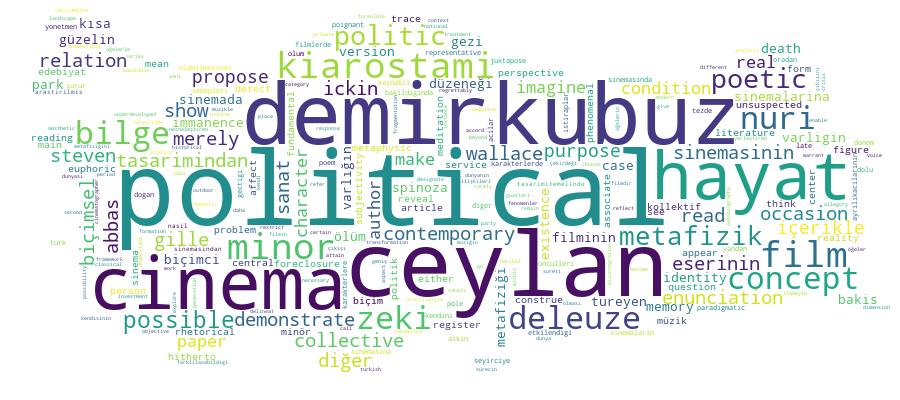This item is non-discoverable
Eken, Bülent
Loading...

Profile URL
Name Variants
Eken, Bülent
B.,Eken
B. Eken
Bülent, Eken
Eken, Bulent
B.,Eken
B. Eken
Bulent, Eken
B.,Eken
B. Eken
Bülent, Eken
Eken, Bulent
B.,Eken
B. Eken
Bulent, Eken
Job Title
Öğr. Gör.
Email Address
Main Affiliation
Visual Communication Design
Status
Former Staff
Website
ORCID ID
Scopus Author ID
Turkish CoHE Profile ID
Google Scholar ID
WoS Researcher ID
Sustainable Development Goals
SDG data is not available

This researcher does not have a Scopus ID.

This researcher does not have a WoS ID.

Scholarly Output
5
Articles
3
Views / Downloads
44/777
Supervised MSc Theses
2
Supervised PhD Theses
0
WoS Citation Count
19
Scopus Citation Count
24
WoS h-index
1
Scopus h-index
1
Patents
0
Projects
0
WoS Citations per Publication
3.80
Scopus Citations per Publication
4.80
Open Access Source
3
Supervised Theses
2
Google Analytics Visitor Traffic
| Journal | Count |
|---|---|
| Anglia | 1 |
| South Atlantic Quarterly | 1 |
Current Page: 1 / 1
Competency Cloud


